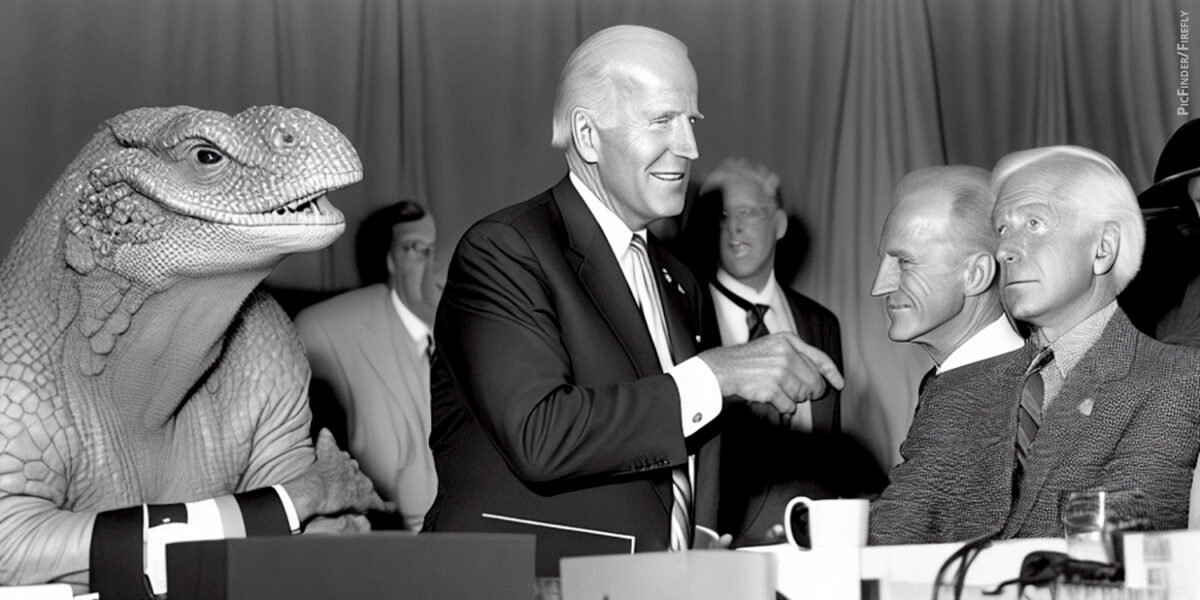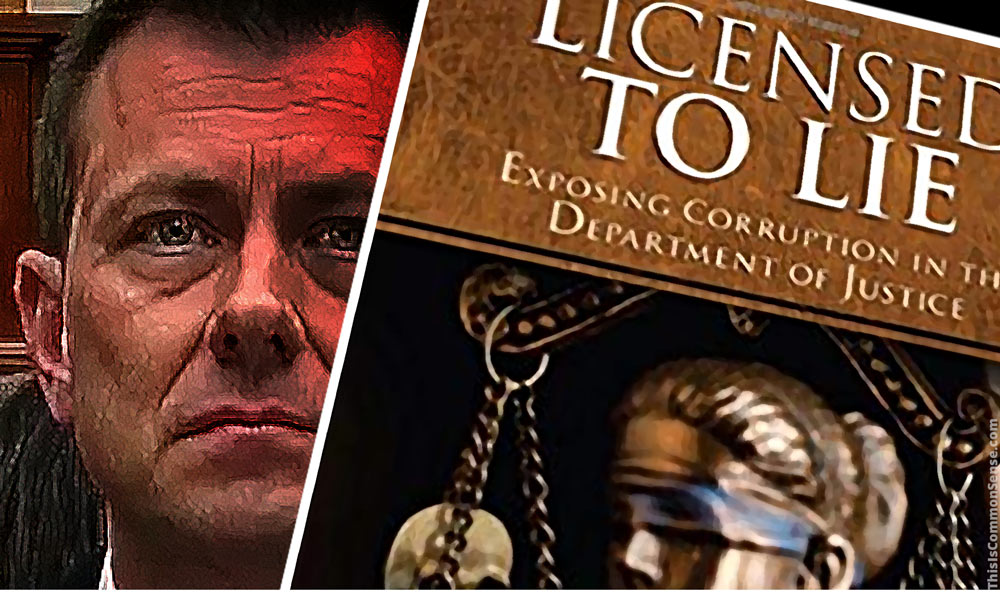The Deep State does not exist.
How do we know?
If it did exist, it would have stopped Trump’s tariffs!
Welcome to modern political theology and ideological theodicy — by way of late-night “comedic entertainment.”
Because of Trump’s tariffs, “we’ve had the worst day for our economy since Covid,” quipped Stephen Colbert on Thursday’s Late Show. “Just a reminder: this time he’s the disease.”
I found his setup somewhat funny, goofy looks and all, and I don’t usually find Colbert funny. But as the bit progressed …
“It’s all pretty solid proof that there is no Deep State.”
I’ve already given away his punchline, because it was not so much funny as eye-roll-worthy.
“Because if there was, they would have stopped this s**t.”
The assumption here is that, by definition, the Deep State must be omnipotent. While we can point to existing institutions working under the new rubric of “Deep State,” it’s never been all-powerful. It’s just very powerful, working in mysterious (secret) ways.
“But if they do exist,” Colbert continued, “I just want to say to the cabal of financial and governmental elites who pull all the strings behind the scenes, ‘maybe put a pause on your 5G chip/JFKjr/adrenochrome/chemtrail orgy and jump in here cuz we’re f**king dying!’”
Here’s the deal: Trump was hounded with unprecedented state surveillance, impeachments, lawfare, and speech suppression … and dodged bullets from assassins. While we know nothing, if we catch a whiff of anything it’s that “non-existent” Deep State.
So begging it to take out Trump is … late-in-the-game.
The cabal has already tried. Many times. And failed. Proving itself perhaps more desperate than competent.
This is Common Sense. I’m Paul Jacob.
Illustration created with Krea and Firefly
See all recent commentary
(simplified and organized)
See recent popular posts










